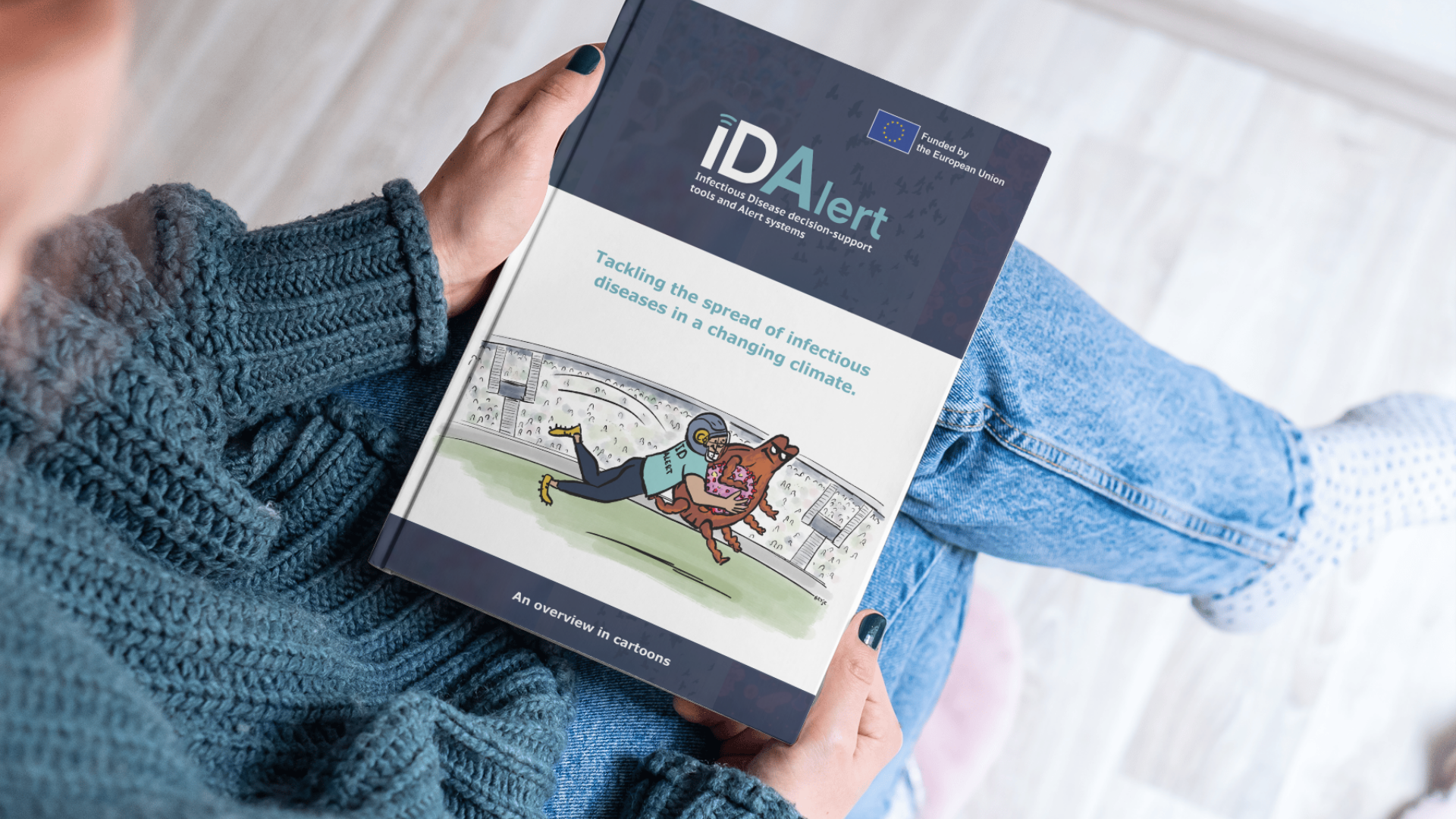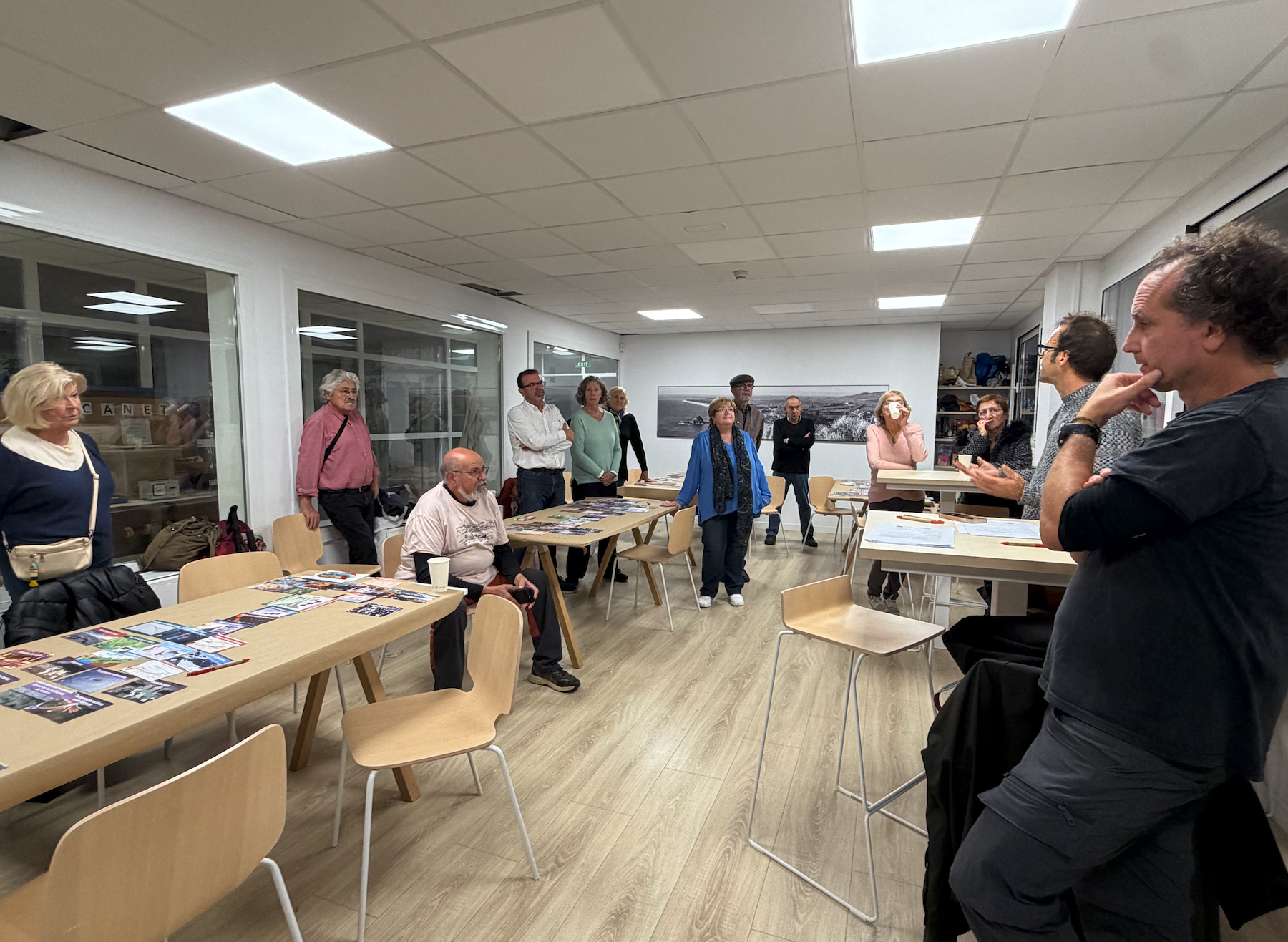IDAlert Consortium Gathers in Barcelona to Assess Progress on Climate Change and Infectious Diseases
From 4-6 October 2023, the IDAlert consortium convened at UPF in Barcelona for its annual project meeting. During these three days, leading experts from various fields came together to discuss the progress made in the first 18 months of the project. The IDAlert consortium focuses on better understanding the impacts of climate change on the emergence and spread of infectious diseases, aiming to develop knowledge, evidence, tools, and systems to address this global challenge at the decision-making level.
Exploring Key Discussions
The annual meeting featured discussions and presentations on several critical aspects of the IDAlert project, including:
- Progress in the Climate and Health Cluster: IDAlert is part of a broader initiative, and the meeting provided an opportunity to share achievements within this cluster.
- Innovative Indicators and Monitoring Mechanisms: Experts discussed the co-development of innovative indicators and monitoring mechanisms to track the effects of climate change on infectious diseases.
- Predictive Models and Early Warning Systems: The meeting addressed the development of predictive models and early warning systems, essential for proactive responses to disease outbreaks.
- Tools for Health Impact Assessment: Participants explored the development of tools for assessing the health impacts and cost-benefit analysis of climate change adaptation and mitigation measures.
- Co-benefits and Unintended Consequences: The project investigates the health co-benefits and unintended consequences of climate adaptation and mitigation policies.
- Inequalities and Vulnerabilities: Experts discussed the consequences of climate change and infectious diseases on inequalities and vulnerabilities within populations.
- Case Studies: The meeting highlighted the ongoing work in the project’s six case studies, conducted in Spain, Greece, Bangladesh, Germany, The Netherlands, and Sweden.


Planning for the Future
In addition to project updates, the meeting included a workshop focused on developing a roadmap for training materials and activities that will be delivered over the next four years. These resources aim to empower stakeholders in climate and health by providing the necessary tools and evidence to address infectious diseases.
Commitment and Progress
The three-day gathering reaffirmed the commitment and engagement of all project partners in achieving IDAlert’s objectives. At the 18-month mark, IDAlert remains on track, with the first major results, including a report on indicators, expected to be published soon.
Stay Informed
For the latest updates and insights from the IDAlert consortium, follow us on LinkedIn and Twitter. Together, we continue our journey to address the intersection of climate change and infectious diseases for a healthier and more resilient future.
A Visual Recap:













